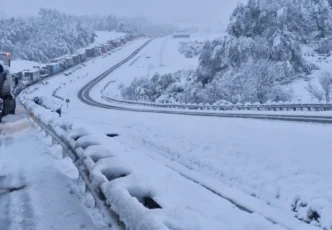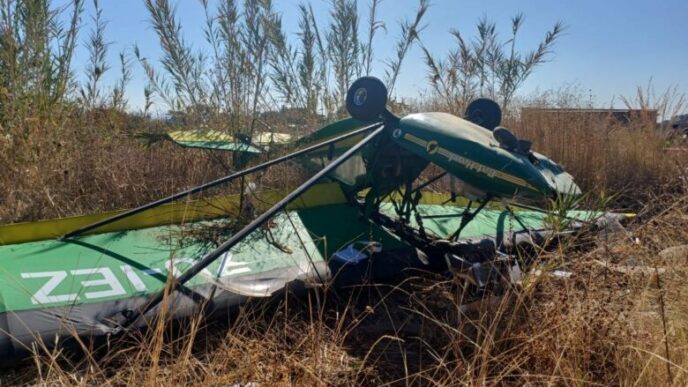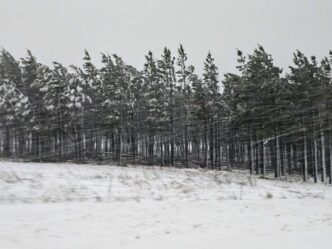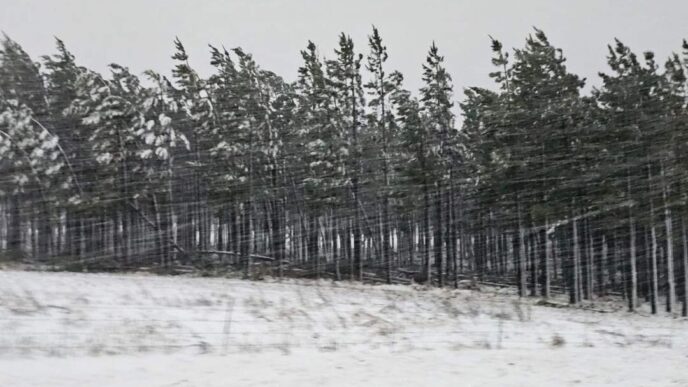South Africa’s Western Cape is preparing for a severe cold front that threatens to unleash heavy rain, strong winds, and snowfall across the region this weekend, according to weather forecasts. The South African Weather Service (SAWS) has issued alerts predicting damaging winds and localized flooding from Friday through Sunday, with mountainous areas like the Cederberg and Karoo likely to see snowfall as temperatures plummet.
The cold front, described as “intense” by meteorologists, follows a pattern of extreme weather events affecting the province. Earlier this week, parts of KwaZulu-Natal experienced similar conditions during the 98th Comrades Marathon, where heavy rain disrupted runners and infrastructure. Now, the Western Cape faces heightened risks, with SAWS warning of “life-threatening conditions” in low-lying and coastal zones, where waves exceeding 3 meters could damage roads and properties.
Residents have been urged to take precautions, including securing loose objects, avoiding flooded areas, and limiting unnecessary travel. A Pretoria-based weather analyst noted, “This system isn’t just cold—it’s a full-blown storm. People need to act now to stay safe”. The Department of Transport has also warned of potential road closures, particularly in mountain passes, due to icy conditions and landslides.
Public reaction has been cautious, with social media users sharing concerns over the impact on weekend plans. A Cape Town resident wrote, “We’re used to rain, but snow? This feels apocalyptic”. Meanwhile, emergency services have ramped up readiness, deploying teams to high-risk areas to manage potential power outages and waterlogging.
The event underscores South Africa’s growing vulnerability to extreme weather, compounded by aging infrastructure and poor drainage systems. Analysts stress that climate volatility is becoming the norm, with recent studies linking increased storm intensity to broader environmental shifts. As the Western Cape braces for the cold front, the episode tests the nation’s capacity to adapt to a rapidly changing climate landscape.













